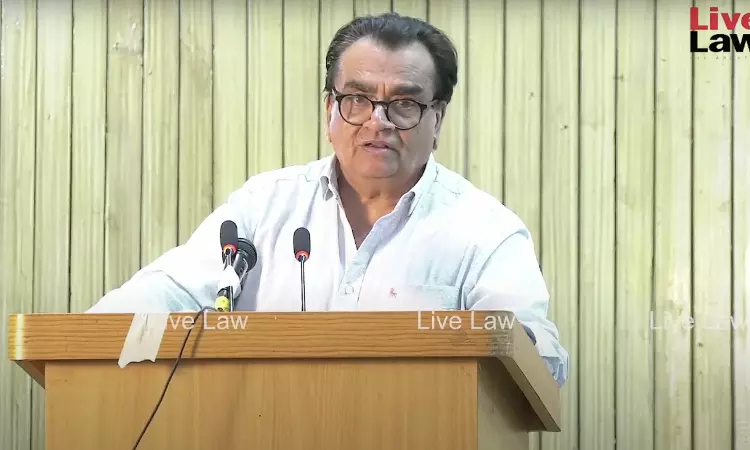Why Can't Supreme Court Take Judicial Notice Of UAPA & PMLA Misuse? Senior Advocate Mihir Desai
Awstika Das
24 Feb 2024 4:22 PM IST

Next Story
24 Feb 2024 4:22 PM IST
Senior Advocate Mihir Desai on Saturday (February 24) raised apprehensions about the Supreme Court's apparent reluctance to take 'judicial notice' of the misuse of laws such as the Unlawful Activities (Prevention) Act and the Prevention of Money Laundering Act.He was speaking at a seminar on judicial accountability in Delhi, organised by the Campaign for Judicial Accountability and...
